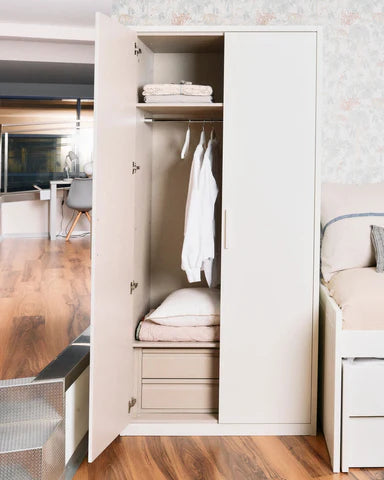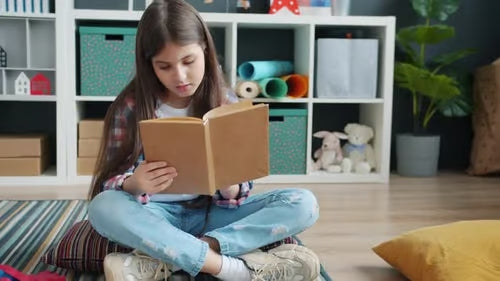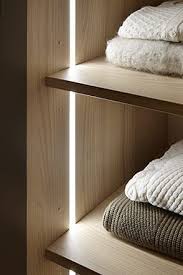
How to organize a child's closet: Practical tips for parents
Organizing a children's closet is not just about maximizing space, but about creating a practical system that makes daily life easier for children and their parents. At Muba Kids , we know that the key is to combine design and functionality. Here is a step-by-step guide to transform your children's closet into a well-organized space that can be adapted to their needs.
Key steps to efficiently organize a children's closet
1. Evaluate space and needs
Analysis of the existing closet
Before you buy or reorganize, check the dimensions of your closet. Does it have enough space to hang clothes? Do you need to add shelves or cabinets? Take measurements to better plan storage solutions.
Inventory and classification of clothing
Divide your clothes into categories: everyday, special events, current season, and next season. Remove items that no longer fit or are not worn. This step ensures that your closet is made up of only the essentials.

2. Practical storage solutions
Accessible heights
Adjust clothes rails, shelves and drawers to heights that children can reach. This promotes independence and helps them participate in daily organization.
Modular boxes and organizers
Use decorative or clear boxes to store accessories, toys, or out-of-season clothing. Modular organizers are perfect for adapting to children's growth and changing needs.
Shelf dividers and dividers
Dividers prevent piles of clothes from collapsing, keeping the closet visually and functionally organized.
3. Furniture designed to grow with children
Invest in versatile wardrobes and dressers that adapt to your children's growth. For example, at Muba Kids , we have solutions such as dressers with expandable drawers or modular wardrobes that can be customized over time.
Adjustable Shelving
They are ideal for books, toys or shoes. Their flexibility allows them to be reconfigured as needs change.
Double clothes rail
It features a double bar: the lower one for everyday use and the upper one for occasional clothing. This system keeps everything within reach and organized.
4. Strategies to maintain order
Label and classify
Use labels to identify the contents of boxes and shelves. This helps children know where everything goes, encouraging their autonomy.
Rotation of garments by season
Store out-of-season clothing in labeled boxes or vacuum bags to free up space and keep your closet clutter-free.
Involve the children
Make them part of the organization process. This way, they not only develop habits of order, but they also learn about the importance of taking care of their belongings.
5. Personalization: practical and cozy space
A child's wardrobe doesn't have to be just functional; it can be a fun and decorative space. Add colors, drawings or accessories that reflect your child's personality.
Additional spaces for games
If the closet is large, create a corner with a small rug and toys. This transforms it into a multifunctional space that will be both practical and attractive.
Hooks and hanging organizers
Make the most of doors and walls with adhesive hooks to hang backpacks, hats or scarves.
Do it with Muba Kids
At Muba Kids , we design furniture that adapts to each stage of childhood, combining style and functionality. Transform your children's wardrobe into an organized and charming space. Check out our catalog of children's wardrobes and start creating a bedroom that evolves with them.
Discover more practical solutions in our shop!


